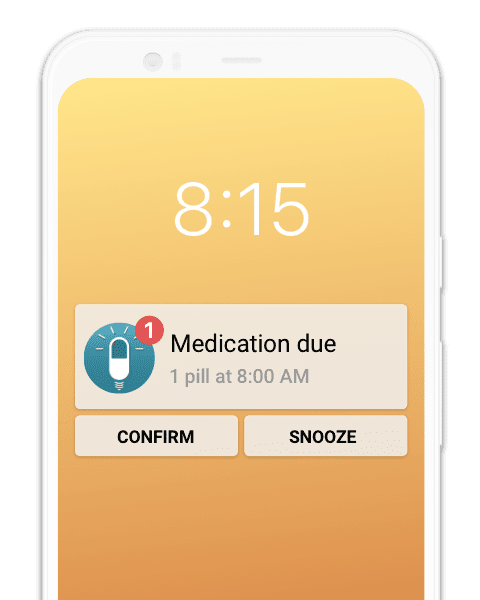Hair loss, or alopecia, affects the scalp or the body as a whole, and can be temporary or permanent. It can be caused by heredity, hormonal changes, medical conditions, or simply the natural aging process.
People may notice hair loss after having a high fever or recovering from an illness. While many people consider this to be hair loss, it's actually hair shedding. A hair shedding condition known as telogen effluvium occurs when more hairs than normal enter the shedding phase (telogen) at the same time. Fever or illness can contribute to more hair entering the shedding phase. After having a fever or illness, most people see noticeable hair shedding for two to three months. Handfuls of hair are usually shed when you shower or brush your hair and the shedding can last up to six to nine months before it stops. After that, most people see their hair look normal again.
Can COVID cause hair loss?
A third of the COVID-19 survivors report hair loss, according to an online support group, Survivor Corps, according to Natalie Lambert, a biostatistician who conducts Survivor Corps surveys.
Hair loss is not uncommon. Patients commonly experience hair loss after major surgery and childbirth, too. As with COVID, this typically occurs a few months after the event that triggered it. It can occur as at that time, our bodies tend to focus their resources on functions that are physiologically more important when under stress. The body is concerned with healing, repairing itself, and not focusing on hair growth.
While research is in progress, dermatologists are tracking COVID-19 survivors, , called long haulers, who continue to exhibit symptoms to determine if they are suffering from telogen effluvium or something else related to an ongoing illness or inflammation. Although extensive research is still in the works, medical professionals suggest that when someone goes through an infection, gets a fever or experiences significant stress, they can undergo a process that causes temporary hair shedding.
Some other common symptoms of COVID include:
- Fever
- Cough
- Shortness of breath or difficulty breathing
- Fatigue
- Muscle or body aches
- Headache
- Loss of taste or smell
- Sore throat
- Congestion or runny nose
- Nausea or vomiting
- Diarrhea
How to stop hair loss?
Despite there not being an exact cure to hair loss, it almost always resolves itself once the infection gets better or the stress is reduced. Individuals who are experiencing hair loss should try wait for it to get better and make sure they are eating well and getting enough protein, iron and zinc.
In essence, eating a healthy diet and staying hydrated can help your hair grow faster and thicker. When wanting to stay hydrated, ensure you drink several glasses of water a day and avoid drinking liquids that make you dehydrated.
Other ways you can promote hair growth are:
- Get plenty of vitamin B which are found in fruits, vegetables and nuts
- Avoiding washing your hair daily as it strips strands of hair their natural protective oils. It is best to give it a few days between washes lets your hair recover
- Avoiding silicone and sulfates in hair products as these dry out hair and cause breakage. Harsh silicones are not water-soluble, meaning they lock out moisture and can cause those strands to suffocate
- Not using too much heat as excessive heat styling leads to damaged hair
- Using oil treatments such as rosemary oil. A small study from 2015 found that after using rosemary oil on the scalp for six months, it proved to be as effective as minoxidil (the ingredient found in popular and proven hair growth products). It also has anti-inflammatory and antifungal properties that help soothe the scalp and promote healthy hair growth
If you found this interesting, you may like:



